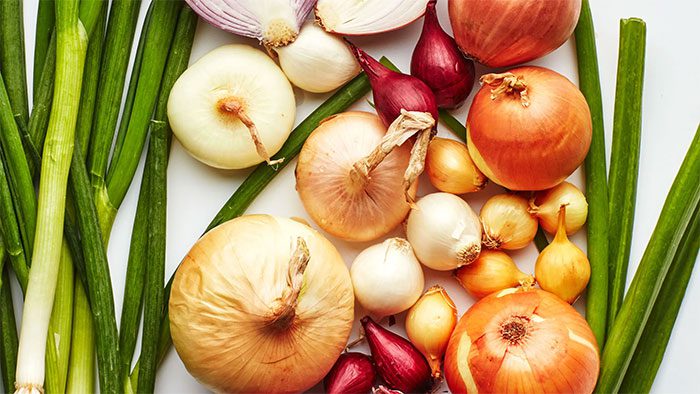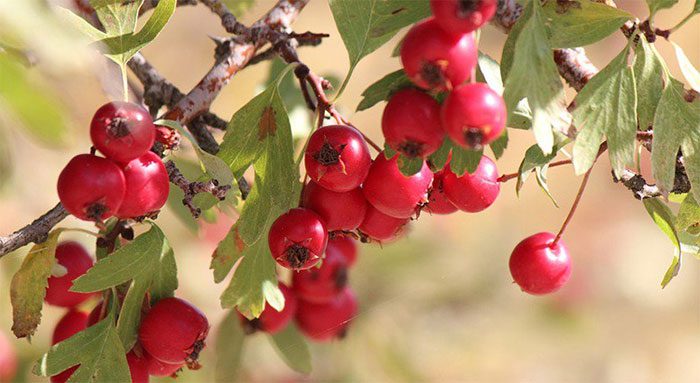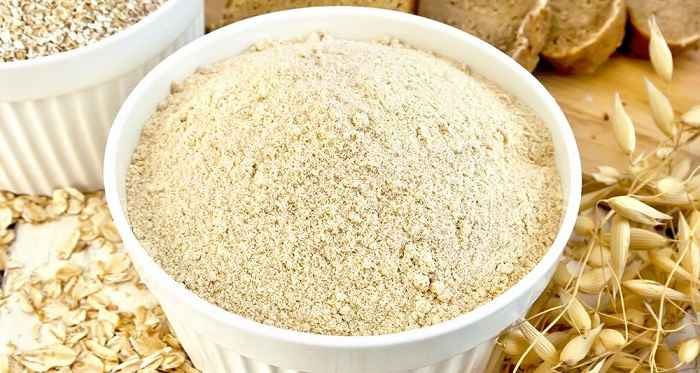Food is a double-edged sword for health; the key lies in the choices we make. When chosen wisely, a proper diet can enhance blood circulation, prevent cardiovascular diseases, and combat various other ailments.
Foods That Improve Cardiovascular Health and Protect the Circulatory System
Along with the heart, blood vessels are a vital part of the circulatory system. The vascular system spans the body to ensure life and the functionality of every organ and cell through the transportation of oxygen, blood, and nutrients. If blood vessels encounter issues, numerous health problems, especially cardiovascular diseases and cerebrovascular diseases, may arise.
One of the reasons blood vessels are prone to damage and diseases is unhealthy lifestyle and eating habits. However, it’s essential to understand that diet itself is a double-edged sword for health in general and blood vessels in particular.
Therefore, we should take advantage of these 7 foods that help “rejuvenate” blood vessels, enhance blood circulation, and reduce blood clots:
1. Onions

Onions contain a type of prostaglandin A that can dilate blood vessels.
When discussing natural foods beneficial for blood vessels and cardiovascular health, onions cannot be overlooked. Onions contain a type of prostaglandin A that can dilate blood vessels, reduce blood viscosity, and lower pressure on blood vessels, preventing platelet aggregation and effectively cleansing the blood vessels. Therefore, onions not only help improve blood circulation but also combat atherosclerosis and lower blood pressure.
Research also shows that the sulfur amino acids and diallyl disulfide in onions enhance the process of fibrin hydrolysis, reduce blood lipids, and prevent atherosclerosis. Onions are rich in quercetin—a compound that can help inhibit the oxidation of low-density lipoprotein (LDL) protein. This helps prevent atherosclerosis and promotes blood circulation, combating dyslipidemia and coronary artery diseases.
2. Tomatoes
Tomatoes are inexpensive, easy to find, and very familiar in daily life, yet not everyone knows they are good for blood vessels. This fruit is even hailed as the best fruit for protecting and “rejuvenating” blood vessels.
Science shows that tomatoes and tomato products contain the carotenoid pigment lycopene, which helps reduce inflammation, lower total cholesterol, increase good cholesterol (HDL), and reduce the risk of cardiovascular diseases, including atherosclerosis. Notably, cooking tomatoes with olive oil can effectively improve arterial blockages and prevent cardiovascular diseases and dyslipidemia.
A vitamin called rutin in tomatoes can enhance the body’s ability to oxidize and better cleanse “waste” in the blood. This helps blood vessels to dilate more effectively, improving blood circulation. Pectin in tomatoes significantly reduces cholesterol in blood vessels and lowers blood viscosity.
3. Hawthorn Berries

Hawthorn berries are considered a medicinal fruit and are often prescribed to nourish blood and disperse blood stasis…
Hawthorn berries, also known as Chinese hawthorn or mountain apple, are loved by many for their mildly sour and sweet flavor, stimulating the palate. This fruit is also well-known for skin beauty and weight loss.
In traditional medicine, hawthorn berries are regarded as a medicinal ingredient often prescribed for nourishing blood, dispersing blood stasis, and regulating blood flow, as well as preventing cardiovascular diseases. According to modern medicine, researchers indicate that the flavonoids contained in hawthorn berries are a “miracle” for blood vessels.
This compound can dilate blood vessels, lower blood pressure, and thus promote blood circulation. It also reduces blood lipids, increases the elasticity of blood vessel walls, improves capillaries, and stabilizes heart rhythm.
4. Green Tea
Green tea consistently ranks among the healthiest beverages, especially for cardiovascular health. A study involving 40,530 Japanese adults found that those who drank more than 5 cups of green tea daily had a 36% lower risk of death from heart attacks or strokes, and a 16% lower risk of death from all causes compared to those who drank less than one cup of green tea a day.
The potent antioxidants in green tea, especially Epigallocatechin gallate (EGCG), can help prevent atherosclerosis and plaque buildup in arteries. As a result, blood vessels are “rejuvenated,” healing from damage, improving the elasticity of vessel walls, reducing blood lipids, dissolving blood clots, regulating blood pressure, and heart rhythm. EGCG can also enhance metabolism, making it easier to achieve and maintain a healthy weight.
Tea leaves are also rich in phenols that can effectively inhibit increases in blood pressure and blood sugar levels. Thus, they are very effective in helping improve blood circulation. However, experts remind us to drink tea regularly but avoid drinking it too strong or too hot (above 60 degrees Celsius).
5. Natto
Natto is considered a “superfood” for protecting blood vessels. There are at least 17 studies worldwide on the effectiveness of natto in dissolving blood clots and preventing strokes.
This dish originates from Japan, made from soybeans, naturally fermented with beneficial bacteria from Bacillus, and incubated at 40 degrees Celsius for 24 hours. It is rich in nutritional value, high in protein, calcium, magnesium, vitamins, folate, choline, omega, and is very beneficial for digestive and cardiovascular health.
This is due to the enzyme nattokinase, which can break down fibrin (the protein that causes blood clotting) effectively four times faster than plasmin (the enzyme that dissolves clots). This helps clean the blood, improving cerebral circulation and significantly reducing the risk of strokes and other vascular diseases.
Additionally, natto is rich in vitamin K2, which helps release plaques in blood vessels. The antioxidants “rejuvenate” and improve capillary function.
6. Oatmeal

Oatmeal is rich in β-glucan and soluble fiber.
Oatmeal is one of the best foods for blood vessels, especially in preventing and treating dyslipidemia. This is because oatmeal is very rich in β-glucan and soluble fiber, which can inhibit the absorption of cholesterol in the body and has a beneficial effect on regulating blood lipids.
Oatmeal also protects the cardiovascular system and helps prevent cardiovascular diseases and reduce triacylglycerol in the liver. Additionally, the potassium in this food can help excrete sodium and lower blood pressure, making it very good for blood health.
7. Apples
Research from Ohio State University (USA) shows that eating one apple a day can reduce atherosclerosis by 40%. This is due to the high fiber content in apples, which helps slow down the process of arterial blockage.
Moreover, apples are rich in polysaccharide acid and various vitamins. These compounds can help the body break down excess fat early, eliminate toxins and impurities in the blood, thereby promoting better blood circulation and preventing dyslipidemia, blood clots, and dangerous cardiovascular complications.



















































